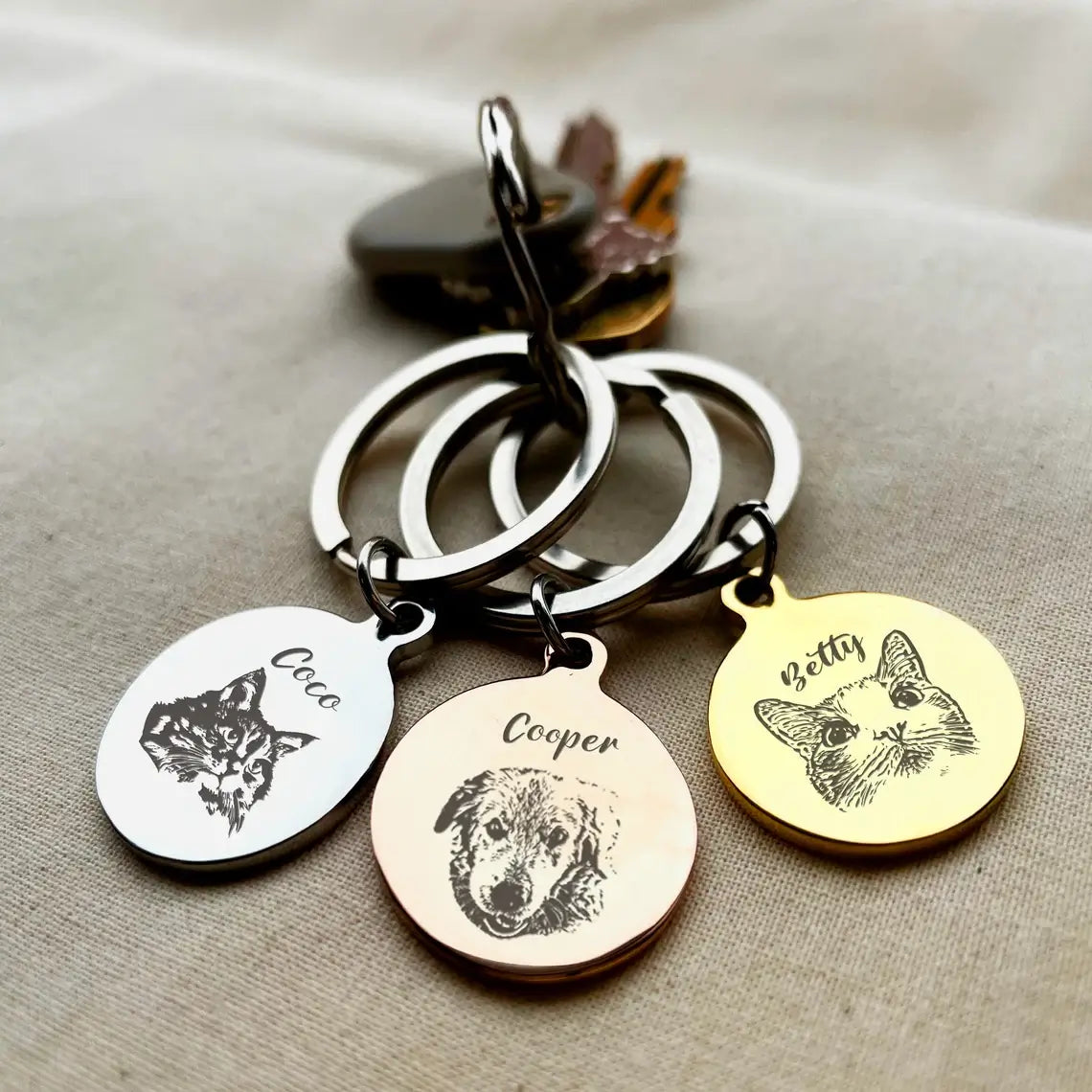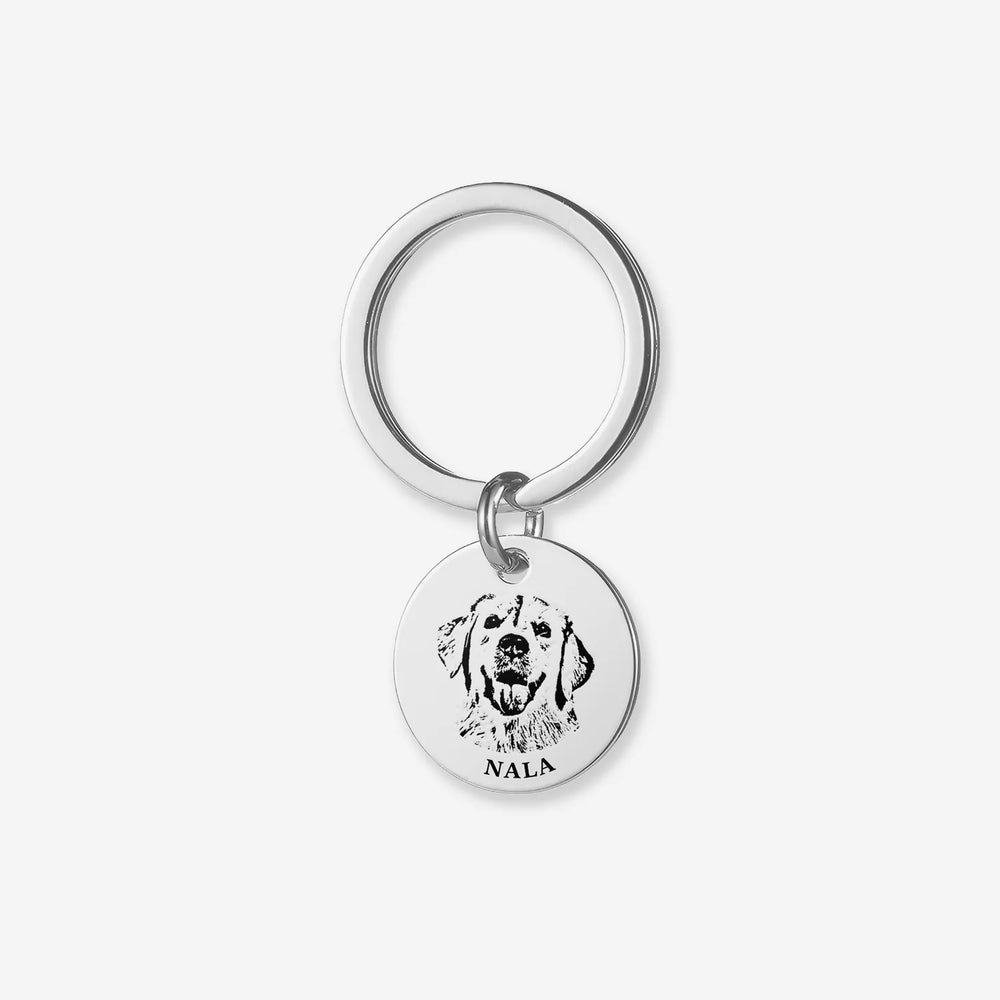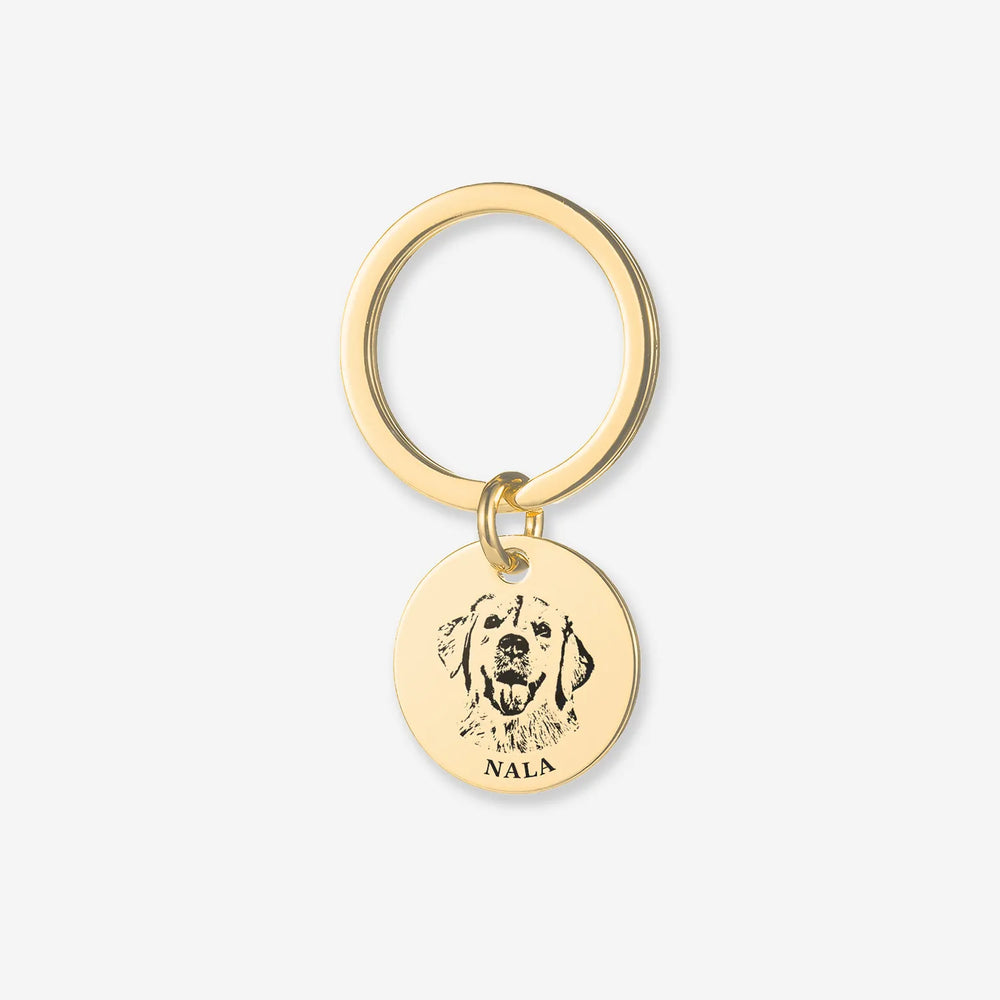Buy One, Get One FREE
Why You Shouldn’t Adopt a Bernese Mountain Dog?

Bernese Mountain Dog is a large, affectionate breed with a gentle and adorable appearance that has captured the hearts of many pet lovers. However, while you may be eager to adopt a Bernese Mountain Dog, this decision might be based on limited knowledge about the breed. Today, we will take a closer look at the Bernese Mountain Dog, which could change your perspective on adopting one.
Although this breed is undeniably charming, we do not recommend first-time dog owners attempt to raise a Bernese Mountain Dog, as it presents significant challenges. After reading this article, you’ll better understand why this dog may not be the best choice for everyone.
The History of the Bernese Mountain Dog

Known by several names, such as the Swiss Mountain Dog or Bernese Cattle Dog, the Bernese Mountain Dog originates from Switzerland. In 58 B.C., Roman invaders brought Mastiffs and bred them with local Swiss herding dogs, eventually leading to the creation of the Bernese Mountain Dog.
Unfortunately, due to wars and other factors, the breed’s numbers declined by the mid-19th century, and by the early 20th century, it was almost extinct. However, a few purebred dogs remained, and through breeding with short-haired Saint Bernards, the breed was revived. In 1907, the Bernese Mountain Dog Club was established in Switzerland, helping the breed’s recovery and preservation. By 1948, it was officially recognized by the United Kennel Club (UKC), followed by recognition by the Fédération Cynalogique Internationale (FCI) in 1954.
Bernese Mountain Dog Size and Appearance
Bernese Mountain Dog is a large breed, known for its impressive size. The ideal weight for this dog is around 40 kilograms, with males being slightly larger than females. According to the United Kennel Club’s standards, male Bernese Mountain Dogs typically stand between 63.5 cm and 69.85 cm at the shoulder, while females stand between 58.42 cm and 66.04 cm. The Fédération Cynalogique Internationale (FCI) lists the ideal shoulder height for males as 66–68 cm and for females as 60–63 cm.
Their square-shaped bodies and thick, glossy coats give the Bernese Mountain Dog a striking appearance. Their fur is typically black with rust-colored and white markings, giving them a distinctive tricolor look.
Why You Should Think Twice Before Adopting a Bernese Mountain Dog

Let’s explore why adopting a Bernese Mountain Dog may not be the right decision for everyone.
1. Large Size
One of the most significant factors when considering a Bernese Mountain Dog is its size. These dogs are large, and when standing, they can be taller than some adults. This means they need ample space to move around comfortably. If you live in a small apartment or a house without a yard, the Bernese Mountain Dog may feel cramped, and walking them can be challenging due to their size and strength. This breed may not be suitable for those with limited space or experience with large dogs.
2. High Cost and Price of Owning a Bernese Mountain Dog
When it comes to the Bernese Mountain Dog price, this breed can be expensive, not just to acquire but also to care for. On average, the Bernese Mountain Dog cost can range from $1,000 to $2,000, depending on the breeder. However, owning a Bernese Mountain Dog goes beyond the initial cost. These dogs eat a lot, and their healthcare needs, such as regular vet visits, medications, and grooming, can add up over time. Therefore, potential owners should consider the long-term Bernese Mountain Dog cost and ensure they are financially prepared.
3. Health Issues and Longevity
Bernese Mountain Dog is prone to several health problems, including hip dysplasia, heart disease, and cancer. These health issues not only lead to significant expenses but can also affect the dog’s quality of life. Furthermore, the Bernese Mountain Dog has a relatively short lifespan, typically between 7 and 10 years. For owners deeply attached to their pets, this can be emotionally challenging.
4. High Energy Needs
Bernese Mountain Dog is highly active and requires substantial daily exercise. If you are unable to dedicate enough time to walk or play with them, they may become restless and anxious. Their need for activity goes beyond simple daily walks – they thrive on engaging in more strenuous exercise like hiking or running. If you don’t have access to a large outdoor space or live in a city without suitable parks, the dog’s energy levels could become overwhelming.
5. Grooming Demands
Due to the Bernese Mountain Dog’s thick, long coat, regular grooming is necessary to prevent mats, tangles, and skin infections. This breed sheds heavily, especially during seasonal changes, and their coat needs frequent brushing. Grooming is time-consuming and requires patience, making this breed less ideal for people with busy schedules.
6. Training Challenges
Although Bernese Mountain Dogs are intelligent, they can also be independent and stubborn, which makes training difficult for inexperienced dog owners. Their large size further complicates training, as it requires not only patience but physical strength to manage them effectively. If you lack experience with large breeds, this can be a considerable challenge.
Should You Adopt a Bernese Mountain Dog?

While the Bernese Mountain Dog is undoubtedly a lovable breed, it’s crucial to consider your lifestyle before making the decision to adopt one. The breed’s size, energy requirements, grooming needs, and potential health issues may make it less suitable for first-time dog owners or those with limited time and space.
Bernese Mountain Dog price and long-term care costs are significant factors to consider as well. If you don’t have the necessary space, resources, or experience, it’s better to opt for a different breed that’s more manageable.
In conclusion, the Bernese Mountain Dog can make an excellent companion for those who are fully prepared for the commitment involved in raising such a large and high-maintenance breed. However, if you are unsure about meeting its needs, it’s better to explore other breeds that might be a better fit for your lifestyle.



















